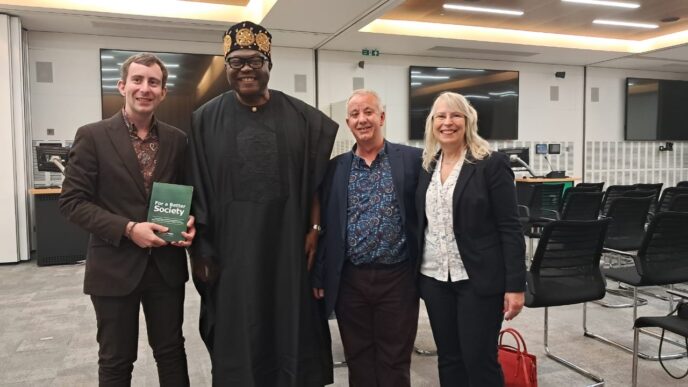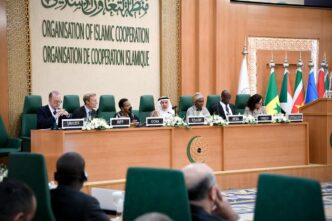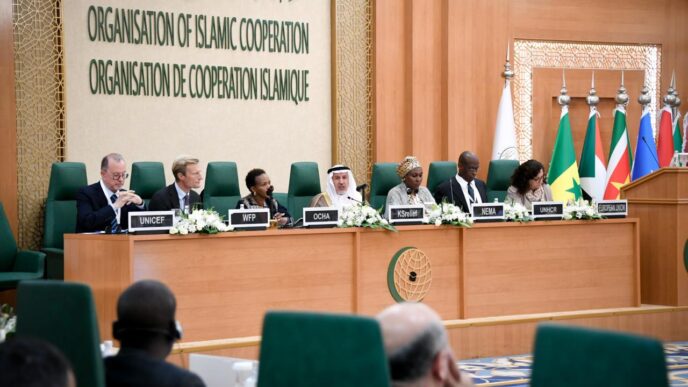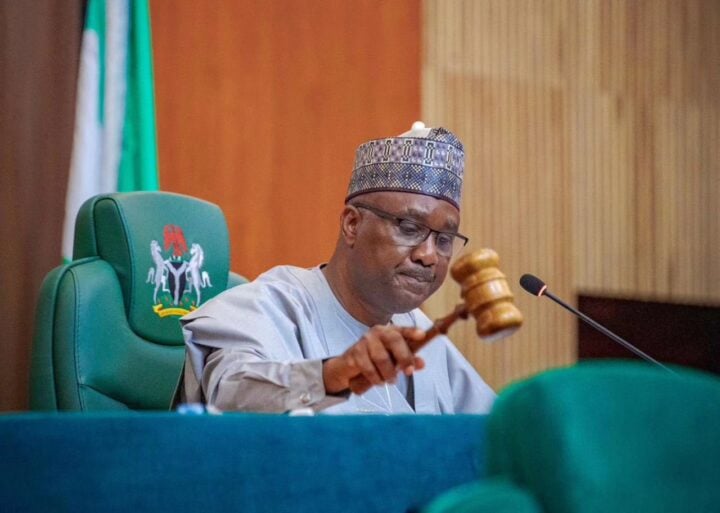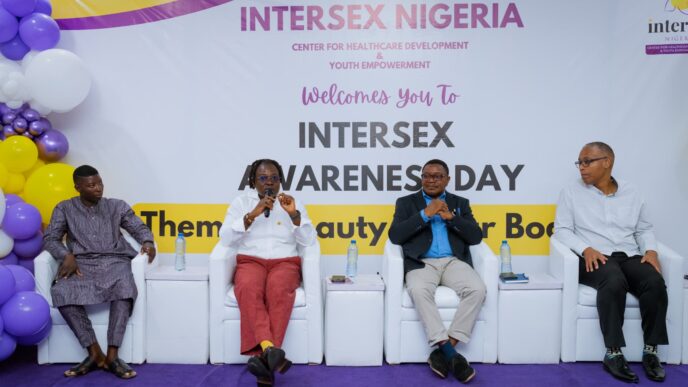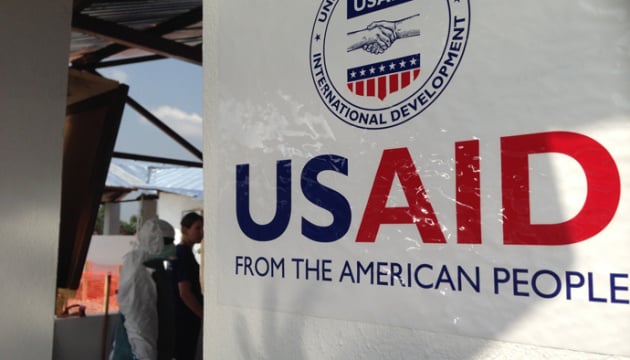
The World Bank Group has unveiled a gender initiative to provide 380 million women with capital and access to the internet by 2030.
The bank launched the initiative on Thursday at its annual meetings in Washington DC, signalling the first steps toward implementing its ‘Gender Strategy 2030’ programme.
According to the global bank, the initiative would focus on the use of broadband, social protection, and access to capital.
Advertisement
“These efforts will contribute to one of the three pillars of the Gender Strategy, which is dedicated to expanding and enabling women’s participation in the global economy,” the financial institution said.
The group said it intends to empower 300 million more women to use broadband, unlocking essential services, financial services, education, and job opportunities by 2030.
In addition, the Bretton Woods firm said 250 million women will be supported with social protection programmes, focusing especially on the poorest and most vulnerable.
Advertisement
The World Bank said another 80 million more women and women-led businesses will get capital, thereby addressing a critical constraint to entrepreneurship growth.
Speaking at the launch, Ajay Banga, president of the World Bank Group, said when we increase women’s economic participation, it boosts the global economy and also strengthens families and communities.
“Through economic empowerment we are building a ladder out of poverty and extending hope and dignity as far as possible,” Banga said.
The World Bank said it plans to focus on key efforts that will drive long-term, sustainable change to achieve the targets.
Advertisement
In the area of broadband access, the financial institution said investments in countries with the largest connectivity and financial gaps will be prioritised, emphasising gender equality in digital inclusion.
There will also be advocacy for policy reforms to facilitate private investment and build infrastructure in underserved areas, the organization added.
“The Bank will expand social protection programs by investing in digital social registries, which are essential for improving efficiency, reducing bureaucratic barriers, and ensuring direct assistance to women,” World Bank.
“The Bank will also leverage digital cash transfers, linking them with skills training, business capital, coaching, and market access to equip women with the tools for sustained economic opportunities beyond temporary financial support.”
Advertisement
Additionally, to bolster access to capital for women and women-led businesses, the bank said it will collaborate with regulators, financial institutions, fintech companies, incubators, accelerators, and private equity funds to prevent gender biases in lending practices, strengthen female entrepreneurs’ capacity, and improve access to credit and equity.
The World Bank noted that by working closely with development finance institutions and investors, the resources will also mobilised through gender bonds and other financial instruments while generating knowledge to make the business case for necessary regulatory reforms.
Advertisement
On October 21, during the opening ceremony of the annual meetings, Kristalina Georgieva, the managing director of the International Monetary Fund (IMF), had called for the empowerment of women, asking global leaders to bring them into high-level leadership positions.
Advertisement
Add a comment



